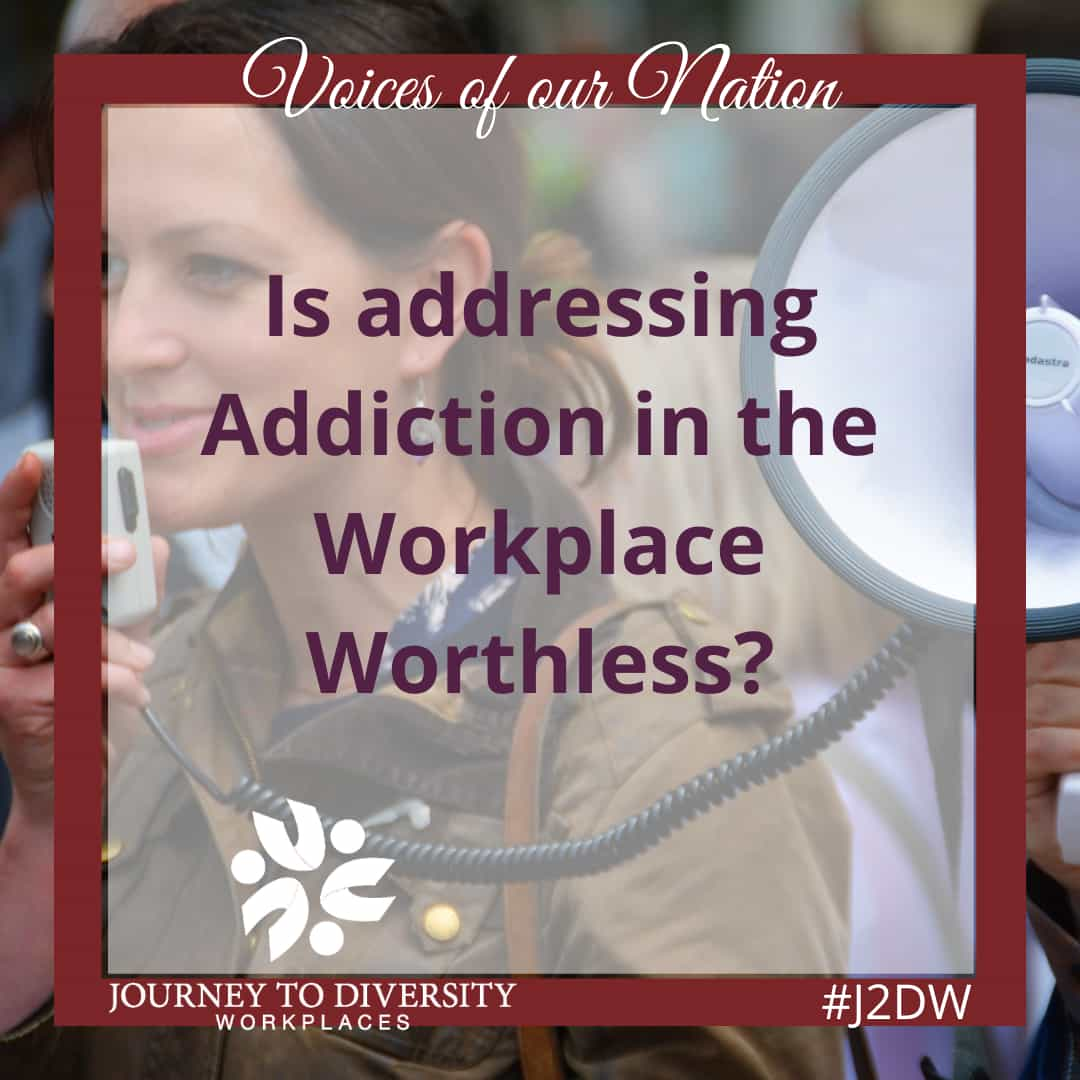An addiction is a condition where a person engages in the use of a substance or indulges in a type of repeated behaviour. An addiction’s rewarding effects provides an incentive to continuously repeat the behaviour despite serious consequences. Addictions do not only include what people consume, such as drugs or alcohol. Addictions come in many different forms from gambling to seemingly harmless products, such as chocolate. Addictions can include virtually anything. When a person is addicted to something they can become dependent on the addiction to cope with their life.
Workplace morale consists of the emotions, attitudes, satisfaction, and overall outlook of employees during their time in a workplace environment. A portion of effective workplace productivity is thought to be directly related to the morale of the employees. Employees that are happy and positive at work are said to have positive or high employee morale. When someone is consuming drugs or alcohol, it can dramatically change a person’s behaviour, and these negative changes in personality will lower the workplace morale. Workplaces that maintain employees who are negative about their work environment usually have low employee morale.
The effects of workplace addictions can be frustrating, upsetting, and devastating. Substance abusers are more likely to cause injuries, accidents, and even fatalities in the workplace. Health and safety regulations are expected in any workplace and the risks posed by addiction simply cannot be allowed. When employees do not feel safe in their workplace the morale will decrease. Addictions can increase the likelihood of harassment, bullying and other unprofessional behaviours. These inappropriate behaviours will likely cause other employees to feel unsafe in their workplace environment. A drug-free workplace is more likely to be successful at maintaining an accident-free environment and prosper.
Addictions are costly for workplaces and individuals when addictions are left unaddressed. Supporting an employee who is struggling with an addiction can be a huge challenge for many employers. Addictions can make employees less productive. Absenteeism is one of the significant killers of corporate profitability. Many addicted employees lose their jobs and remain unemployed as a result of their addiction. Other employees may end up in jails, prisons, or long-term rehabilitation facilities, which can result in years of lost productivity. Employees find it to be difficult to get themselves back into the workplace after years of unemployment due to substance abuse or various other addictions. Absenteeism costs Canadian workplaces over $16 billion per year. In Canada, drug use and drug abuse is a problem that not only ruins the lives of the users and their families, but also costs workplaces a total of $23 billion dollars or $1,100 per person.
Policies should be developed to address any workplace issues that are associated with addictions. Workplace policies should be clearly defined. Employers must make reasonable accommodation efforts for employees who seek help with addiction, allowing time off for detox or counselling. This approach is recommended for encouraging workplaces to invest in their employees and reduce the total long-term costs related to substance abuse. Voluntary disclosure allows for treatment without risk of being fired and eases the stigma related to addiction. Workplace culture and employee commitment to recovery are critical to reducing substance use affecting the workplace. Policies will be most effective in an environment that discourages substance use but also discourages discrimination, stigma and potential prejudices. When addiction issues are effectively addressed, workplaces will have a better opportunity to be successful.
Sources:
Addiction: A Workplace Depressant?
Canada Centre on Substance Abuse and Addiction
Psychology Today
This article was written by volunteer blogger Shan Simpson and edited by volunteer editor Erin Murphy.


